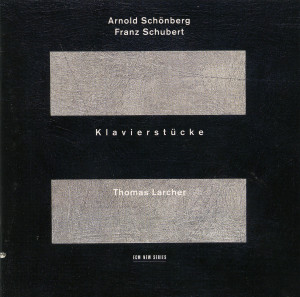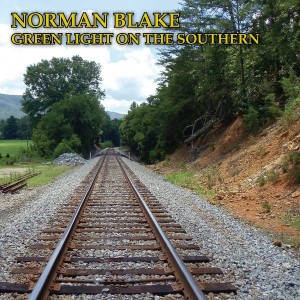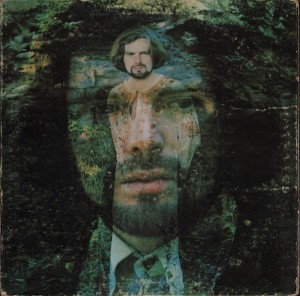
Norman Blake – Green Light on the Southern Plectrafone Records 824761-42812-1 (2011)
A PBS television program called “Nashville 2.0” featured supposedly “new” style country music artists of various sorts. It featured Jerry Douglas playing bluegrass guitar. Liking what I heard, I sought out a Douglas album, which sounded like any generic commercial country record and nothing like what he played on the TV show. But Norman Blake’s Green Light on the Southern was indeed like the best of what “Nashville 2.0” features for acoustic music. This is a bit ironic, because Blake is a veteran Nashville session player, and his recordings exemplify the “new” face of Nashville better than the truly young guard. But I digress.
I know Norman Blake primarily from his old Nashville session work. He was a major force behind the fantastic guitar, banjo, etc. on so many Johnny Cash albums from the 1960s and early 70s. On this record, his guitar fingerpicking is every bit as great as could be expected. As a singer, his voice doesn’t impress — in a way, comparison to Elizabeth Cotten‘s recordings, with spectacular guitar playing and nearly unlistenable vocal warblings are apt. For the most part, Green Light on the Southern is simply acoustic guitar with vocals. The songs are all arrangements of traditional folk tunes. If you can look past the shaky vocals, this is exactly the sort of thing country music does best, with earnest celebrations of home and the familiar and straight-faced, personal reactions to commonplace events. It exemplifies what Jean-Jacques Rousseau called, approvingly, amour-de-soi:
“The primitive passions, which all directly tend towards our happiness, make us deal only with objects which relate to them, and whose principle is only amour-de-soi, are all in their essence lovable and tender; however, when, diverted from their objects by obstacles, they are more occupied with the obstacle they try to get rid of, than with the object they try to reach, they change their nature and become irascible and hateful. This is how amour-de-soi, which is a noble and absolute feeling, becomes amour-propre, that is to say, a relative feeling by means of which one compares oneself, a feeling which demands preferences, whose enjoyment is purely negative and which does not strive to find satisfaction in our own well-being, but only in the misfortune of others.”



